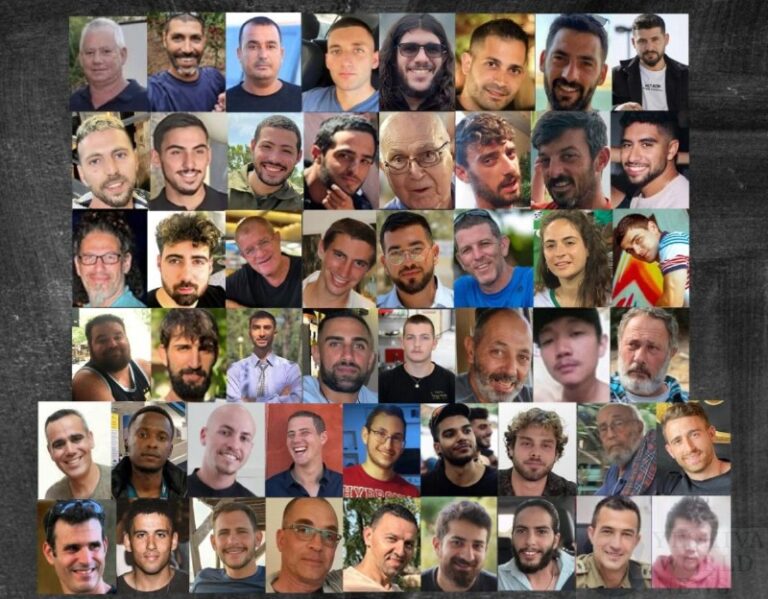(By Chaim Dayan and Rabbi Yehoshua Pfeffer)
Seder Night is the climax of the Pesach festival. It also presents a considerable challenge concerning our children. Many parents ask themselves what can be done to encourage children to participate in Seder Night, and at the very least how to avoid situations that disrupt the Seder Night proceedings.
When children are especially freedom-oriented – children with learning difficulties of one type or another – the challenge is that much more trying. Everything on Seder Night is alive, dynamic, exciting, filled with song and ritual and taste. Often the setting is also different: extended families, guests, many children, a hotel. Seder Night is different by definition.
So here are ten short rules for Seder Night, courtesy of the ‘Hakshev’ Institute, in collaboration with the Bnei Brak project for children and youth and the Jerusalem Municipality Department for Haredi Education. We hope they’ll help you make the most of the great night ahead, enhance the experience, and keep kids in tune.
1. Have Realistic Expectations
Aim high but keep expectations in check, and plan in advance. If you think children will need a few minutes break during the Seder, take this into consideration. If you’re going to be guests, speak to the hosts before the event. If children will need the occasional raisins / candies / other to keep them at the table, prepare some before.
2. Loosen Up
Your parenting is not under scrutiny on Seder Night. Neither are your children’s abilities. Each has his strengths and weaknesses. Refrain from overdosing on maror, from too much self-sacrifice, and from the collective OCD that we are vulnerable to on Pesach.
3. Plan Ahead
Not everything will go according to plan. And this is where planning is important. When will you want to give the kids some slack, and when will you insist on exercising authority? Try to avoid being taken by surprise.
4. Make Demands
Yes, parents can and should make demands even from today’s children. Ask the kids to make sure they keep the rules you set and maintain the festival atmosphere. Tell them that this is their duty and responsibility!
5. Give Compliments
Show that you’re impressed with a question, a statement, good behavior, and so on. Give compliments. Note the effort that’s being made, even if results are imperfect (they always are…). Be attuned to the kids and find the positive in how they’re behaving.
6. Lead the Seder
Seder Night is about parents giving over to their children, not vice versa. Lead the Seder. Ask the children to respond when appropriate, and otherwise keep them captivated. The Torah gave us the mitzvah, we can all do it!
7. Delegate Responsibility
Give out tasks and responsibilities to the children: serving food, pouring cups, reading parts of the Haggadah out loud. Keep them involved. If you know that some of the children will be in motion, decide the direction in advance.
8. Stay Focused
Seder Night has fundamental themes that children of all ages can internalize. Our national birthday; our miraculous freedom; our service and relationship with Hashem; Hashem’s supervision over us. Save the complex discussions for later and stay focused and clear.
9. Prepare What do Say
Have some basic ideas of where you want to go during the Seder. What themes you want to emphasize. Which parts of the Seder to do you want to run through, and where do you want to stop, emphasize and discuss.
10. Stay Calm
Not everything will go as planned. Keep calm. Parents under pressure only exacerbates the children’s agitation. Take a deep breath. The most important thing is that the children take away a positive experience. Stay positive, even when things don’t work out the way you want.
We can’t end without mentioning the eleventh, most simple and most important rule: Don’t forget you love your children more than anything else! The Torah speaks of four sons. The child who disturbs during Seder Night is not the rasha. He’s the chacham who might not know how to ask in a conventional way.
So plan ahead, but also take into account that not everything will go according to plan, and remind yourself of how much you love your kids.
All of them.
Chaim Dayan is a clinical social worker at Hakshev Institute
Rabbi Yehoshua Pfeffer teaches at Yeshivas Chedvas HaTorah, and is editor-in-chief of Tzarich Iyun
(YWN World Headquarters – NYC)











